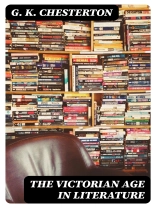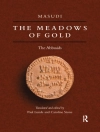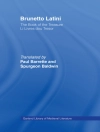In ‘The Victorian Age in Literature, ‘ G. K. Chesterton offers a sweeping and incisive examination of the literary landscape of the Victorian era, exploring the interplay between society, politics, and art. Through a series of essays, Chesterton illuminates the contributions of key figures such as George Eliot, Thomas Hardy, and the Brontë sisters, while deftly contrasting their distinct styles and ideologies. With a wit that is at once playful and piercing, Chesterton situates Victorian literature within the broader cultural trends of the time, revealing how it both shaped and reflected the complexities of an age undergoing rapid change and industrialization. As a prominent writer and literary critic, Chesterton’s own experiences and philosophical inclinations profoundly influenced his perspective. His background in theology and deep appreciation for fiction provided him with a unique lens through which to assess the moral and spiritual dimensions of Victorian literature. A vocal advocate for the value of imagination and creativity, Chesterton critiques the era’s materialism while championing the enduring power of storytelling. For readers seeking a deeper understanding of the Victorian literary canon, Chesterton’s work is an essential companion. His vibrant prose invites both scholars and general readers alike to re-engage with classics and discover the resonances of the past in contemporary times, making this book not just a scholarly text but a celebratory homage to an influential literary age.
Circa l’autore
Gilbert Keith Chesterton (1874–1936) was an English writer, philosopher, lay theologian, and literary and art critic, who has been often referred to as the ‘prince of paradox’. His writing style combined elements of fantasy, philosophy, and humor, which gained him a broad following. Best known for his fictional priest-detective, Father Brown, Chesterton also contributed to the world of literary criticism. His work ‘The Victorian Age in Literature’ is a sharp yet accessible critique of the major English writers of the Victorian era, exploring the interaction between literature and social change. A master of the essay form, Chesterton’s keen observations and social commentary remain relevant to contemporary discussions of culture and society. His contributions to Christian apologetics, with titles such as ‘Orthodoxy’ and ‘The Everlasting Man’, remain influential among Christian and religious scholars. Despite his conservative views, Chesterton espoused a great compassion for the common man and derided both capitalism and socialism for their dehumanizing policies. His voluminous writings—encompassing a wide array of subjects, from detective stories to social criticism—showcase a towering intellect willing to tackle the most profound questions with wit and insight. Chesterton’s legacy endures in the ongoing relevance of his works and the inspiration he continues to provide to readers and writers alike.












